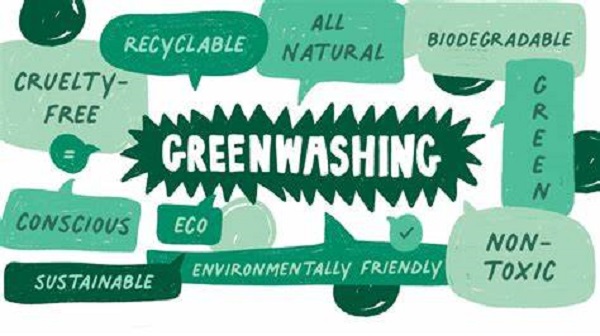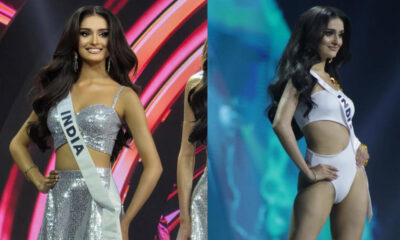

More in Fashion
-


Fashion
Manika Vishwakarma Eliminated From Miss Universe 2025 Top 12
Manika Vishwakarma, India’s representative at the Miss Universe 2025 pageant, has been eliminated from the competition...
-


Fashion
Pewter Scrubs for Unisex Medical Scrub Set by Adar Uniforms
pewter scrubs are becoming a preferred choice in medical uniforms because of their durability, comfort, and professional...
-


Fashion
Pewter Uniform for Mens Medical Scrubs Jacket by Adar Uniforms
Understanding the Modern Medical Scrubs Medical scrubs have evolved significantly from their simple, utilitarian origins. Once a...
-


Fashion
Lab Coats for Women, Unisex Styles, and Professional Medical Uniforms
Lab coats for women are one of the most recognizable and essential garments in the medical and scientific...
-


Fashion
Medical Scrubs for Doctors & Nurses by Adar UniformsIntroduction to Pewter Scrubs
Healthcare professionals require uniforms that are both functional and comfortable. Pewter scrubs have become increasingly popular among women...


















